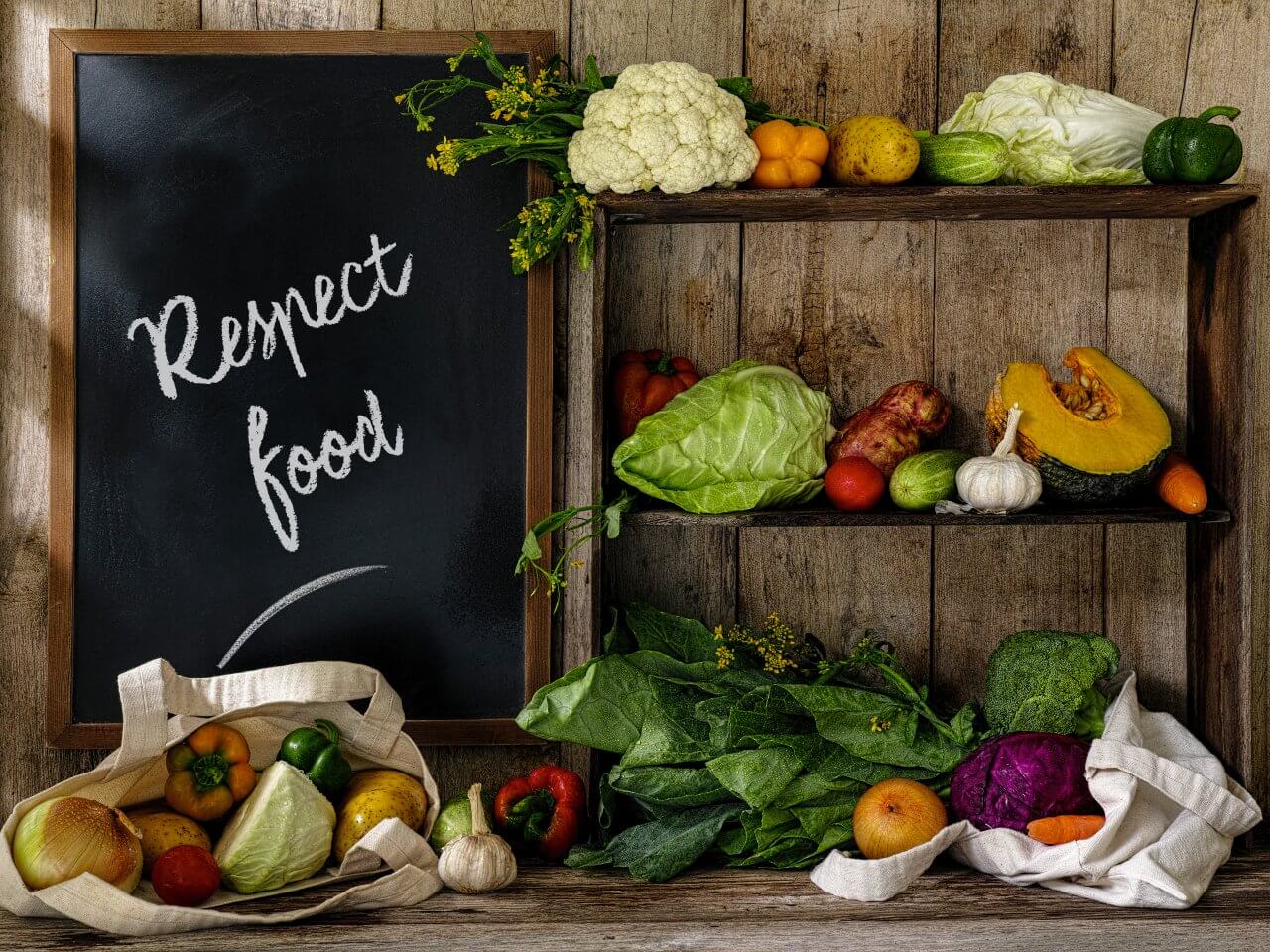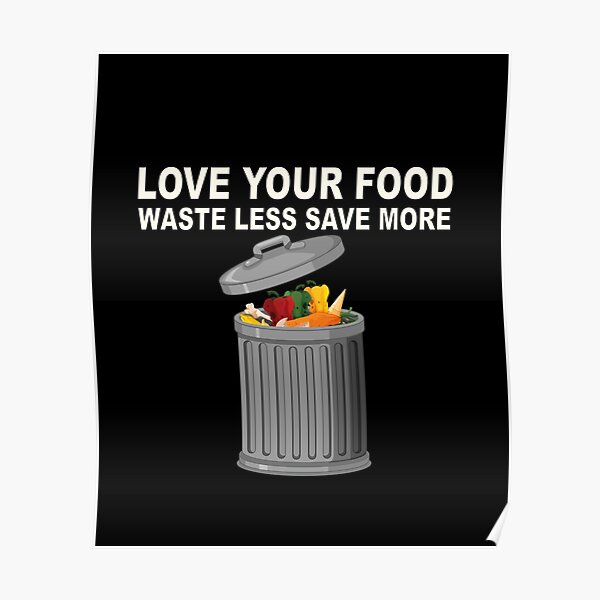QUESTION
Hi Amanda,
My apologies, but I have become accustomed to food waste. Often, I overbuy at the markets, let fruit and vegetables rot, or order more than I need. I’m trying to kick these habits, but no dice.
Would it be awesome if you could help me with this?
Thanks!
Love,
Josie!

ANSWER
Hi Josie,
Don’t apologize, dear. At least you’re aware of the issue; some people just don’t give a damn. I’m glad you’re trying to make not wasting food a habit!
To re-connect to food, take these simple steps:
- Only buy what you need.
Avoid impulse buys by sticking to a list and following it. It will make you spend less money as well as waste less food! - Pick unkempt produce.
Food shouldn’t be judged by its looks! Often, fruits and vegetables that are oddly shaped or bruised are rejected because they do not meet arbitrary aesthetic standards. But they still taste great! For desserts, juices, and smoothies, use mature fruits. - Organize food properly.
Organize your cupboard or fridge by sorting the older products at the front and the new ones at the back. Refrigerate open food in airtight containers and make sure packets are closed to prevent insects from getting inside. - Identify food labels.
There is a big difference between “best before” and “use-by” dates. Food is often still perfectly safe to eat after its “best before” dates, but its “use-by” dates indicate when they are no longer edible. - Start small.
If you’re going out to eat, share large dishes at the table or take smaller portions at home. - Enjoy leftovers.
You can freeze leftovers for later use or use them as ingredients in another meal if you don’t consume everything you prepare. You can avoid food loss and waste by reusing leftovers. - Reuse your food waste.
Instead of throwing away food scraps, compost them. This way, you’re giving your soil nutrients and lowering your carbon footprint. - Sharing is caring above all.
Rather than waste food, donate it. It is possible to connect neighbors and local businesses, for instance, to help surplus food not go to waste.

These small changes in your habits can have a profound impact. Let this article serve as a wake-up call to reconsider our approach to food. To build a world without hunger, we must waste less, eat better, and adopt a sustainable lifestyle.
Love,
Amanda







